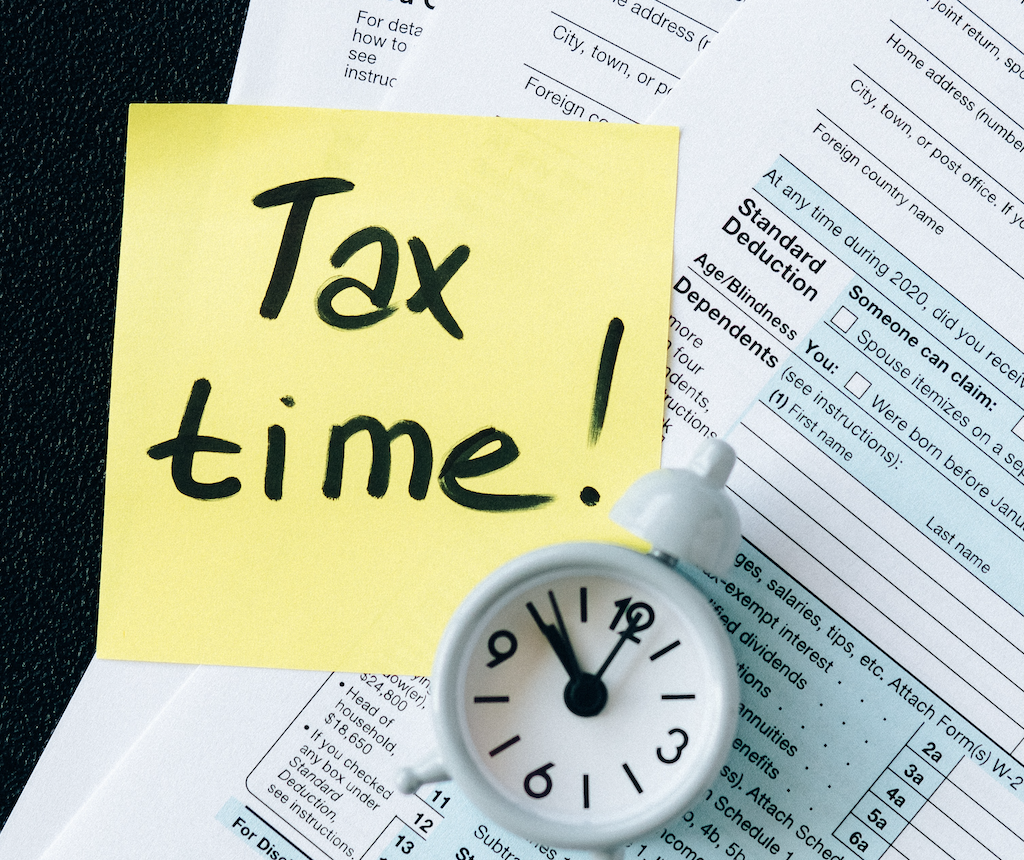So you are contemplating filing bankruptcy and understand that it is the process of filing any non-exempt assets over to your Licensed Insolvency Trustee in exchange for the clearance of your unsecured debts. Perhaps you discover that you actually have quite a lot of assets that you do not want to lose. You may be considering hiding assets in bankruptcy – after all, would you get caught? In this article, we stress that it is never a good idea to hide assets in bankruptcy. It can compromise your ability to become discharged from bankruptcy overall, and put you in a worse scenario. You also may not know that other forms of debt relief may be more suited to you if you have various assets. A consumer proposal, for instance, enables you to keep your assets while reducing your debts by up to 80%. In this article, we explain why hiding assets in bankruptcy is a mistake, and why you will always be found out if you choose to do so.
Is hiding assets in bankruptcy a good idea?
In short, no. Hiding assets in bankruptcy is never a good idea. Some individuals think that if they do not list all of their property, they can trick their Licensed Insolvency Trustee and keep the assets. Yet this is a huge mistake, and is illegal in line with the Bankruptcy and Insolvency Act. Filing bankruptcy is meant to be a transparent process – by being honest about your debts, income, and expenses, you can expect your debts to be cleared in return. Simply put, if you are hiding assets in bankruptcy and not giving your Licensed Insolvency Trustee full disclosure about your assets and any recent asset transfers, you will not be entitled to being discharged from bankruptcy and subsequently being freed of your debts. You could also be subject to criminal penalties for hiding the truth.
What are the consequences of hiding assets in bankruptcy?
If you are not honest about your assets or property when filing bankruptcy and your Licensed Insolvency Trustee finds out, there are a number of consequences that can take place:
- You will not be discharged from your debts. By hiding assets in bankruptcy, you will not be eligible to be discharged from bankruptcy, or your debts. In fact, you will continue to owe all of your debt. If this happens, your bankruptcy will not be dismissed, either. You will still need to give up your non-exempt assets to your Licensed Insolvency Trustee and sold to go towards repayment for your creditors.
- Your Licensed Insolvency Trustee can revoke your discharge. If they find that you have not been truthful about your assets, your Licensed Insolvency Trustee can ask the court to revoke your discharge. This can happen even as long as up to a year after your date of discharge.
- You will not be able to discharge these debts in a subsequent bankruptcy. Any debts associated with a bankruptcy where you have been revoked from or denied discharge for hiding assets will not be able to be discharged in a later bankruptcy.
- You could face criminal charges. When you file bankruptcy, you sign up listing your assets under a penalty of perjury – you state that you are being honest. If this is found out to be untrue, you could face penalties for bankruptcy fraud for up to $250,000, and you could even be imprisoned for up to twenty years.
How do people go about hiding assets in bankruptcy?
There are a number of ways that individuals might go about hiding assets in bankruptcy. As clever as they may think they are being by doing so, the chances are your Licensed Insolvency Trustee is already aware of the ways people may go about doing so. These include:
- Being untruthful about the assets they own
- Transferring assets to somebody else
- Creating fake mortgages or liens to give assets the appearance of not holding value
- Not disclosing an asset transfer that happened before filing bankruptcy
How can Licensed Insolvency Trustees find hidden assets?
Any Licensed Insolvency Trustee appointed to filing a bankruptcy is extremely qualified in looking for signs of hidden assets in bankruptcy. They will also conduct the following activities through which they may find evidence:
- Reviewing your debts – including significant store card debts with few assets to show for it
- Statements from creditors
- Public record searches
- Online asset searches
- Paycheques showing deposits into unlisted bank accounts or retirement accounts
- Bank records and tax returns
- Reports from former spouses, friends, coworkers, etc
If your Licensed Insolvency Trustee finds out that you have hidden assets in bankruptcy, they will report it to the Office of the Superintendent of Bankruptcy. They will then send the file to a special investigation unit, working closely with the Royal Canadian Mounted Police (RCMP). If the court finds that you have hidden assets with intent to delay or defraud creditors, they will press criminal charges you will potentially be denied from a bankruptcy discharge, and subsequently life after bankruptcy.
What if you genuinely forget to list an asset when filing bankruptcy?
If you fail to list any assets that you are permitted to keep (e.g. those listed in the Ontario bankruptcy exemptions), you may not be entitled to them once they are discovered. You may forget, for instance, assets like lawsuits filed including personal injury claims; lottery winnings; beneficial interests in trusts; retirement benefits; inheritances; or co-owned assets. As soon as you realize your error, you should file to disclose the asset immediately – your Licensed Insolvency Trustee can help you. You will not be denied discharge from bankruptcy by the court if your intention was clearly not to delay or defraud creditors. By working to correct this quickly once you realize the mistake will support your case.
If you are concerned about hiding assets in bankruptcy, book a free consultation with Spergel. Our experienced Licensed Insolvency Trustees will partner with you to make sure your bankruptcy is as seamless as possible, and will help you to avoid any trouble. Before filing any form of debt relief, they will first review your financial circumstances and help you to evaluate the most appropriate form of debt relief for you – it may not be bankruptcy. Reach out today – you owe it to yourself.



















